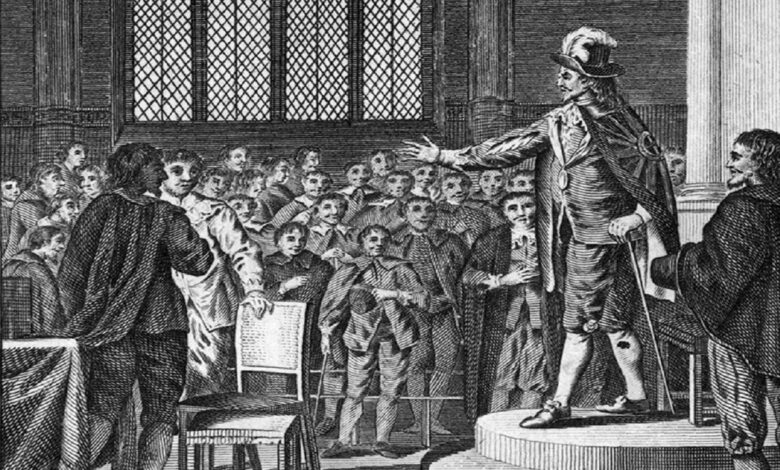United States of America, Beacon of Democracy

The story of the United States is one of revolution, resilience, and reinvention. It began with European colonization in the 17th century. Colonists, seeking religious freedom and economic opportunity, clashed with the Native American populations who had inhabited the land for millennia.
The fight for independence from Great Britain culminated in the American Revolution (1775-1783). The newly formed nation, a beacon of democracy, enshrined its ideals in the Declaration of Independence and the Constitution. However, the question of slavery cast a long shadow. Westward expansion led to conflict with Native American tribes and the forced migration of millions of Africans as slaves.
The Civil War (1861-1865) tore the nation apart over the issue of slavery. The North’s victory ultimately led to the abolition of slavery, but racial tensions simmered for decades. The late 19th and early 20th centuries saw rapid industrialization, immigration, and the rise of powerful monopolies. Progressive reformers fought for social justice and worker’s rights.
The 20th century brought America onto the world stage. The nation emerged as a global power after World War I (1914-1918) and played a pivotal role in defeating Nazi Germany and ending World War II (1939-1945). The Cold War (1947-1991) pitted the US against the Soviet Union in a global ideological struggle.
The Civil Rights Movement of the 1950s and 1960s challenged racial segregation and discrimination. The latter half of the century also saw the Vietnam War, the Watergate scandal, and the rise of globalization.
Today, the United States remains a complex and evolving nation. It grapples with issues of social inequality, economic disparity, and its role in a changing world. Yet, the core American ideals of liberty, equality, and justice continue to inspire its people and the world.




